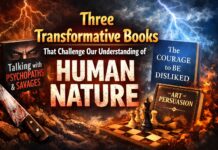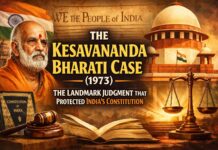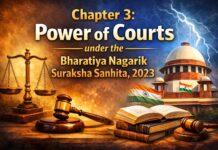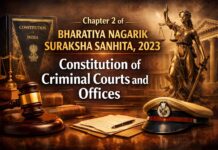Make a Precise of the following passage in about one-third of its length. Do not give a title to it. The Précis should be written in your own words:
The Renaissance in India was not like the Renaissance in Europe. It was not a return to India of the past. It was essentially a matter of spirit which produced striking changes in the realm of religion, society and culture along with a demand for natural regeneration. There arose a new self-consciousness among the people of India. The soul of India began to unfold itself and break the shackles of the past. It is maintained that the Renaissance in India stirred the Indian soul to its very depths n and Modern India owes everything to the Renaissance which was followed by $ reformation movements all over India. It also paved the way to national a regeneration. The spirit of Renaissance and the subsequent reform movements affected almost all the aspects of national life. There were new developments in religious, social and political life. There were new trends in the fields of education, literature, fine arts and science.
The view of Sir JadunathSarkar is that the Indian Renaissance was at first an intellectual awakening which profoundly affected our literature, education thought Sand art. In the next succeeding generation, it became a moral force and reformed the Indian society and religion. In the third generation it brought about the economic modernisation of India and ultimately political emancipation.
In his book entitled, “The Renaissance in India”. Sri Aurobindo has attempted anve analysis of the Renaissance in India. He points out that the eighteenth and early go nineteenth centuries in India were periods of political decline, defeat and anarchy which practically killed the creative spirit in religion and art. India began to imitate Europe and forgot her own achievements in the past. However, the life-breath of the mination moved as a subordinate undercup 6, and Punjab, in the political aspirations of Maharashtra and the literary activity of Bengal.
Sri Aurobindo points out that the Renaissance in India in the nineteenth century had three aspects. In the first place , it aimed at a recovery of the old spiritual gospel contained in the sacred groups of the country The researches of European Indologists helped the people in the West and India to understand and appreciate the achievements of the Indians in the past . Philosophers and thinkers like Schopenhauer emerson Thoreau Royce highly praised India’s wisdom in the past Indian saints and mystic leaders in India also helped the same process Secondly, this re-invigorated spirituality inspired fresh activity in the fields of philosophy, literature, art etc. Thirdly, an attempt was made to deal in an original su way with modern problems in the light of the new inspiration.
Sri Aurobindo did not compare the Indian Renaissance with the European 36 Renaissance of the fifteenth century. He compared it with the Celtic Renaissance 37 when Ireland wanted to go back to the older culture after a long period of British Domination. In his analysis of the Indian Renaissance, Sri Aurobindo put great emphasis on the recovery of the spiritual tradition and heritage of the past. 40 According to him, the establishment of new religious sects in India was a central A event in the Indian Renaissance. The BrahmoSamaj, the AryaSamaj, Ramkrishna 42 Paramhans and Vivekananda, the neo-Vaishnavism of Bengal and the Renaissance in 43 Islam tried to go back to the past and recover the light of old wisdom. Sri Aurobindo A4 referred to the cosmopolitanism, eclecticism, religious rationalism and logic of the 4€ BrahmoSamaj. Of all the leaders of the Renaissance in India, Dayananda appealed 4. most to Sri Aurobindo. He considered him as a unique personality which created a 69 Vigorous Aryan manhood in India. Aurobindo found a national instinct in thereliance of Dayananda on Vedic wisdom. To quote Aurobindo, Dayananda “brings 1. back an old Aryan element into the national character”. Aurobindo gave credit to the Theosophical Society for getting some recognition in the West for some of the psychic, occult and esoteric achievements of the old Hindus. According toAurobindo, Ramkrishna Paramhans was “the man who had the greatest influence and 53 has done the most to regenerate Bengal”. Vivekananda proclaimed to the world thatIndia was awake not only to exist but also to conquer. In India itself, Vivekanandawas a leader who wanted “preservation by reconstruction”. Aurobindo also referred me to the achievements of J. C. Bose and Rabindranath Tagore in the field of Indian Renaissance. Aurobindo believed that the spiritual and intellectual advance of India he was bound to come. To quote him, “The Renaissance in India is as inevitable as the rising of tomorrow’s Sun and the Renaissance of a great nation of three hundred million with so peculiar a temperament, such unique traditions and ideas of life, so powerful an intelligence and so great a mass of potential energies cannot but be one of the most formidable phenomena of the modern world.”











